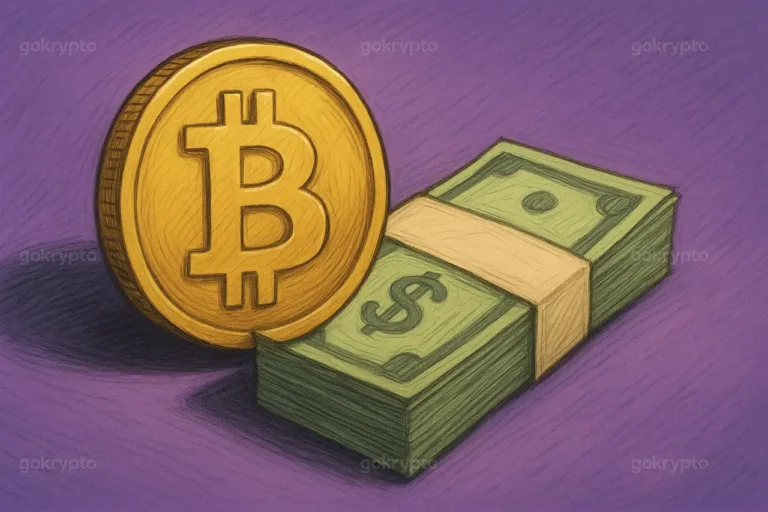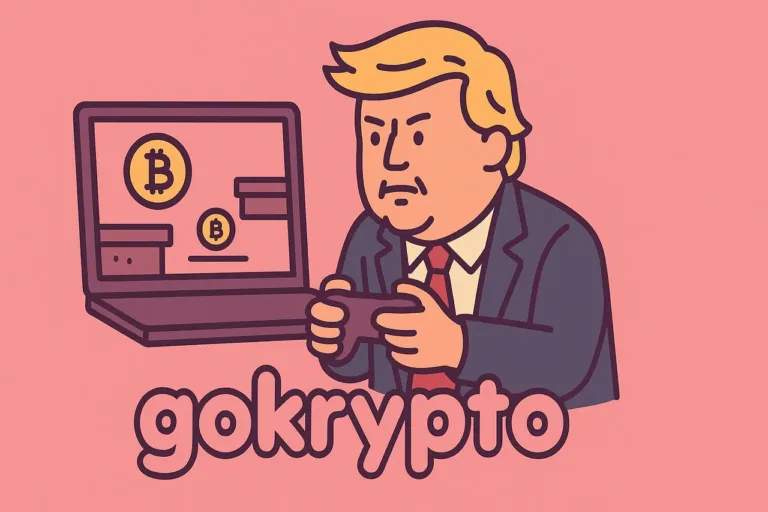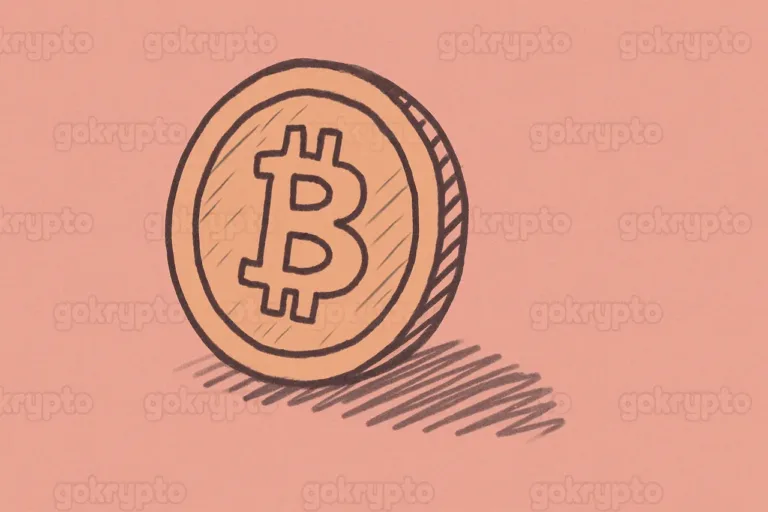Russia Launches Official Crypto Exchange: Strategic Move to Face Global Sanctions
In an effort to strengthen the economy amidst the pressure of international sanctions, the Russian Ministry of Finance and the Central Bank have collaborated to launch a centralized crypto exchange.
This move aims to provide a legal and regulated platform for digital asset trading for highly qualified investors, while also reducing reliance on unregulated foreign platforms. The following information is quoted from Beincrypto.
Exchange Specifically for Highly Qualified Investors
This crypto exchange is specifically designed for investors who meet the “super-qualified” criteria, namely individuals with securities and deposit investments of at least 100 million rubles (approximately US$1.2 million) or an annual income of 50 million rubles (approximately US$600,000).
Although these requirements are not yet final, the government hopes to attract participation from experienced investors who are ready to take on higher risks in digital asset trading.
- Strategic Collaboration: Trump Media and Crypto.com Design Cronos-Based Crypto ETF
- Strategic Collaboration: Pintu and DANA Unite to Increase Crypto Literacy in Indonesia
- XRP: Challenging Ethereum in Market Cap
- Ethereum 2025: Between Sharp Decline and Future Challenges
- XRP: Between Falling Demand and Price Resilience
Enhancing Transparency and Reducing Dependence on Foreign Platforms
With the launch of this exchange, the Russian government aims to increase transparency in crypto asset trading and reduce dependence on unregulated foreign platforms.
This step is also expected to help integrate digital assets into the national financial system in a safer and more controlled manner.
Responding to International Sanctions and Promoting Financial Innovation
The launch of this crypto exchange is part of Russia’s strategy to respond to international sanctions that restrict access to the global financial system.
By providing a regulated digital asset trading platform, the government hopes to open up alternative channels for international financial transactions and promote innovation within the domestic financial sector.







